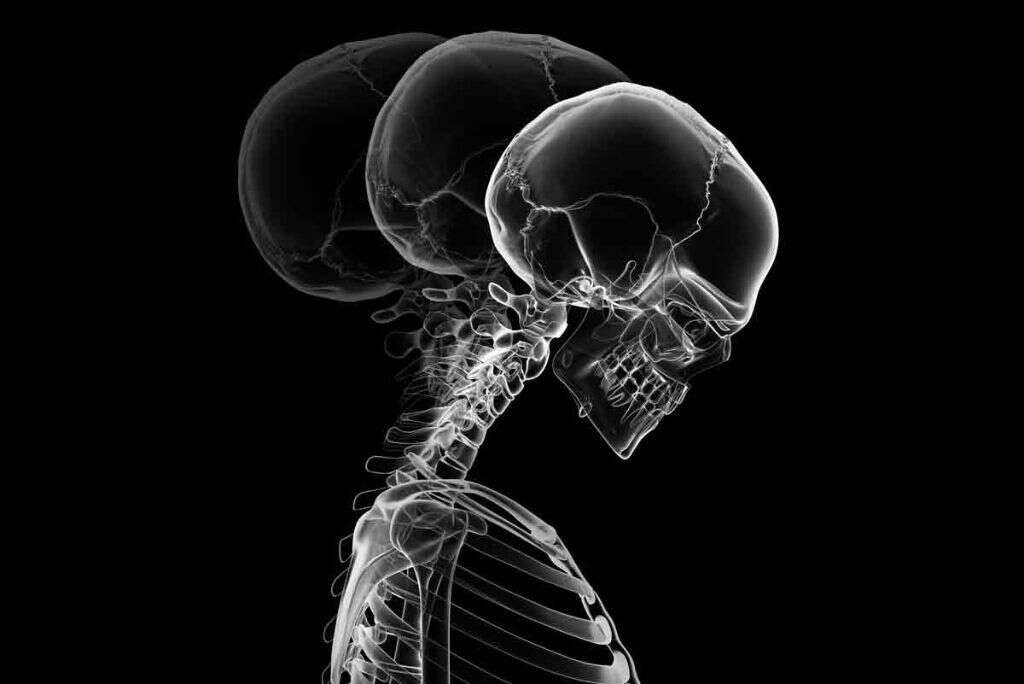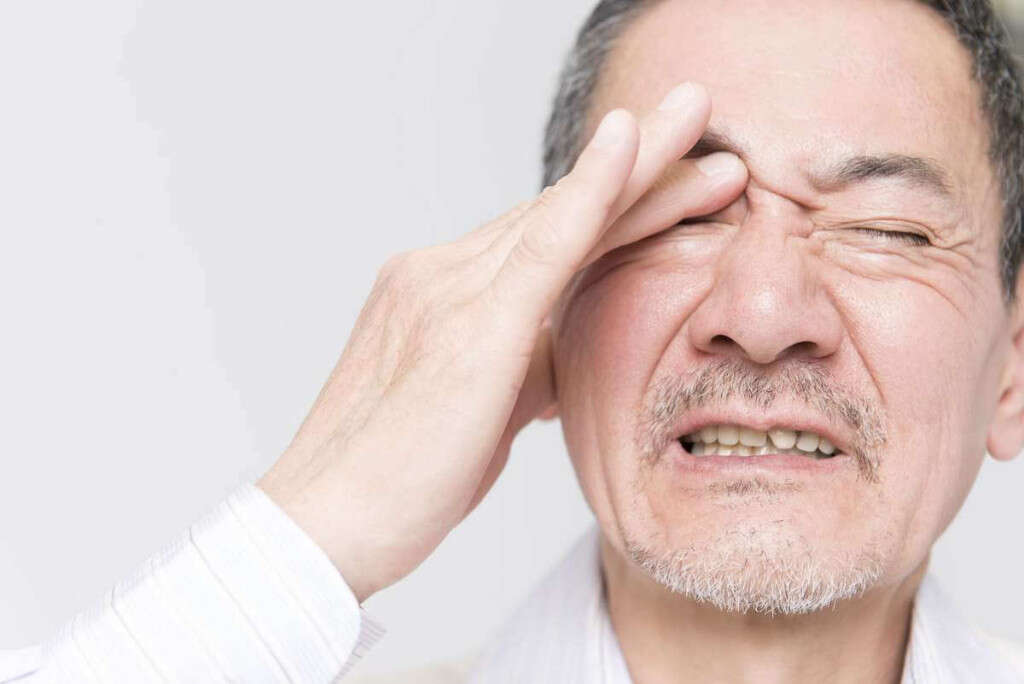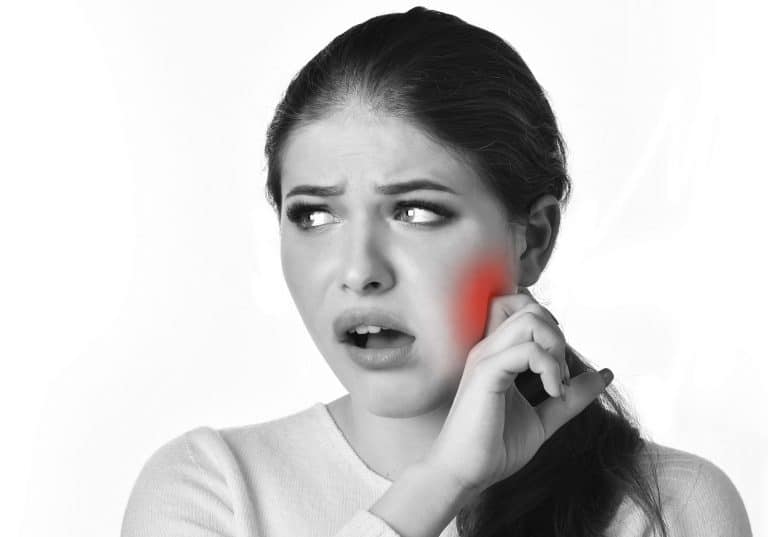Favorite Tips About How To Deal With Tmj

A combination of ibuprofen and maybe 500 milligrams of tylenol, if not contraindicated due to your medical condition.
How to deal with tmj. What are temporomandibular disorders? Spend time with loved ones and make sure you get a sufficient amount of rest. Eat soft foods (e.g., mashed potatoes, rice, or cooked veggies) and avoid hard nuts, apples, and bagels.
Each can help in a different way. Possible causes of this type include: Grind or finely chop meats and other tough foods.
I would say, though, if your pain continues on past two weeks, that's time to see a provider, either your dentist or your physician. When you have jaw pain due to tmj, you should avoid. Some soft, easily chewable foods include:
Luckily, acute tmj disorders often respond to home remedies, including: Most tmj warrants changes in lifestyle habits, possibly combined with medications to ease. The red sox outfielder confirmed a report out of japan that he had jaw surgery following.
Pain in your temples or cheeks. Avoid eating hard foods bagels are tasty, but they are also tough on the jaw. Barry chin/globe staff.
The temporal bones are located in front of each ear. Difficulty fully opening your mouth. But you may find relief for tmj pain by applying pressure and a few simple exercises.
Posted at 10:53 am, feb 26, 2024. And last updated 8:53 am, feb 26, 2024. When there is a problem with the temporomandibular joints, jaw muscles, and nerves connected to them, you might develop temporomandibular disorders (tmd).
There are numerous options for dealing with tmj that range from serious neuromuscular surgery to making slight lifestyle changes. The exact cause of a person's tmj disorder is often difficult to determine. Tmj disorders — a type of temporomandibular disorder or tmd — can cause pain in your jaw joint and in the muscles that control jaw movement.
Massaging your aching jaw muscles can help release tension in a myofascial trigger point and help bring. Rest your tongue gently on the roof of your mouth behind your upper front teeth.
Bruxism is the habitual grinding or clenching of your teeth. Ice helps reduce swelling and pain. , which is improper alignment of your teeth when you close your jaw.
















![8 THINGS YOU NEED [ TMJ Tricks, Tips and Secrets ] How to Deal with TMJ](https://i.ytimg.com/vi/YjzGwE4TO8Y/maxresdefault.jpg)

